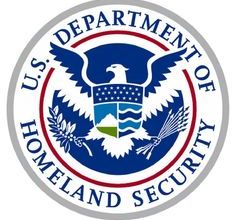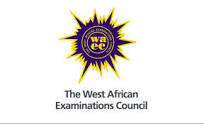Trump Threatens Military Action Against Nigeria Over Alleged Christian Persecution

Former U.S. President Donald Trump has sparked global attention after declaring that he is considering military action in Nigeria over what he described as “widespread killings of Christians” in the country.
Trump, speaking during a recent press briefing in Washington, claimed that reports reaching his office suggest “a large-scale persecution of Christians” in parts of Nigeria. He warned that the United States may suspend aid and “take necessary military steps” if the Nigerian government fails to act immediately to protect Christian communities.
“We are not going to sit and watch innocent Christians being killed in Nigeria. The situation is unacceptable and we’re looking at all options, including military action,” Trump said.
When pressed by reporters on whether this could mean U.S. troops on the ground or air strikes, Trump replied, “Could be,” suggesting that such options are being considered.
The Nigerian government has rejected the claims of targeted Christian persecution, describing Trump’s statements as inaccurate and misleading.
In a statement released on Sunday, Nigeria’s Ministry of Information and National Orientation said the violence in the country is complex and not religiously motivated, adding that both Muslims and Christians have been victims of terrorism, banditry and communal conflicts.
The government also cautioned against “external interference that could undermine Nigeria’s sovereignty,” while expressing openness to “genuine international partnerships” to combat terrorism and promote peace.
“Nigeria welcomes global cooperation in addressing insecurity but will not tolerate any threat that undermines its sovereignty or distorts the realities on ground,” the statement read.
Trump’s comments have generated mixed reactions.
While some Christian advocacy groups in the U.S. and Nigeria applauded his stance, analysts and human rights organizations have warned that military threats could worsen tensions and destabilize regional security.
Policy analysts argue that Trump’s statement could strain U.S. Nigeria diplomatic relations, especially given the long-standing cooperation between both countries in counter-terrorism and economic development.
A political analyst quoted by Reuters noted that “Trump’s rhetoric may play well with certain religious groups in the U.S., but it risks inflaming sectarian divides in Nigeria.
Nigeria’s Stand on Partnership
Meanwhile, Nigeria’s presidency reiterated that the country remains committed to protecting all citizens, regardless of faith and continues to work with international partners to address insecurity.
“Our focus remains on restoring peace across all regions and ensuring that every Nigerian, regardless of religion, lives without fear,” a presidential spokesperson said.
The government urged the international community to verify facts before making conclusions, emphasizing that the Nigerian Armed Forces and security agencies are already engaged in major operations to counter insurgency and terrorism across affected regions.
Nigeria has faced years of violence from insurgent groups such as Boko Haram and ISWAP, alongside farmer, herder conflicts and banditry. These crises have often been mischaracterized along religious lines, though experts insist they are driven largely by economic, ethnic and political factors.
Trump’s latest remarks mark one of the strongest statements yet by a former U.S. president regarding Nigeria’s internal security affairs. As of now, the U.S. government has not issued an official position endorsing Trump’s comments.
Conclusion
While Trump’s warning has reignited global debate over religious freedom and human rights in Africa, Nigerian officials maintain that dialogue and partnership not threats, remain the path to peace and progress.
By Hamzat Omolade






